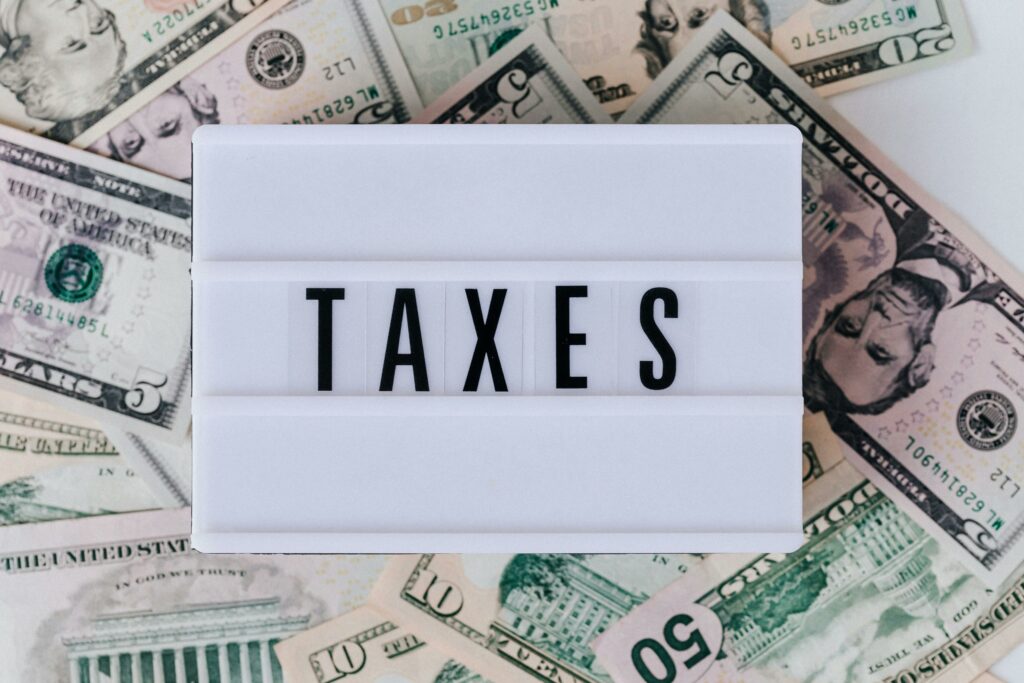The Ultimate Guide to Choosing Between Debt Consolidation and Settlement
Finding yourself in debt can be a daunting experience. As interest rates and fees continue to snowball, many individuals struggle to find effective strategies for managing their financial obligations. Two popular options that may provide relief are debt consolidation and debt settlement. In this comprehensive guide, we’ll explore these approaches, help you determine which may be right for your situation, and offer practical checklists to streamline your decision-making process.
Love our content? Show your support by following us — pretty please!🥺
FOLLOW ON PINTEREST
Hi! I’m Kate, the face behind KateFi.com—a blog all about making life easier and more affordable.
Understanding Debt Snowballing
What You’ll Learn on the Call
- Estimated timeline and monthly payment range
- How credit may be affected in the short term
- What documents to gather to move faster
Not available in IL, KS, OR, TN, UT, WV.
Before diving into the specific strategies of consolidation and settlement, it’s essential to understand how debt snowballs. This phenomenon occurs when unpaid balances accumulate interest and late fees, creating a cycle that can be hard to break. For instance, missing even one payment can lead to higher interest rates, resulting in a greater overall balance over time. Recognizing this cycle is the first step in slowing down the accumulation of debt and making proactive changes.
Debt Consolidation vs. Debt Settlement: What’s the Difference?
Let’s break down these two terms:
- Debt Consolidation: This process involves taking out a new loan to pay off multiple debts. Essentially, you combine your existing debts into a single loan, ideally at a lower interest rate. This approach can simplify your payments and reduce your overall interest costs.
- Debt Settlement: This strategy involves negotiating with creditors to settle your debts for less than what you owe. Typically, this means making a lump-sum payment that is less than the total balance, with the understanding that the creditor will forgive the remaining amount.
Quick Comparison Table
| Feature | Debt Consolidation | Debt Settlement |
|---|---|---|
| Payment Structure | Single monthly payment | Lump-sum settlement |
| Credit Impact | May lower credit score initially | Significant impact on credit score |
| Fees | Usually lower fees than current debts | Fees vary based on company and success |
| Timeframe | Generally takes longer to payoff | Can resolve debts faster |
| Interest Rates | Potentially lower | No interest post-settlement |
| Eligibility Criteria | Good credit can secure lower rates | Varied eligibility based on negotiations |
1. Assess Your Financial Situation
The first step in determining which option is right for you is to conduct a thorough assessment of your financial situation. Gather documents such as:
- Recent bank statements
- Pay stubs or proof of income
- Current debts and outstanding balances
- Credit reports
By having a clear picture of your financial standing, you can better understand your options and the potential consequences of each.
2. Calculate Total Debt
Create a detailed list of all your debts, including:
- Credit cards
- Medical bills
- Personal loans
- Any other outstanding obligations
Be sure to include the interest rates for each account. This information will help you determine which debts are costing you the most money and which debts you might want to focus on consolidating or settling.
3. Consider the Interest Rates
Once you’ve assessed your debt, it’s crucial to evaluate the interest rates attached to each. If your current rates are high, debt consolidation may be beneficial. A lower interest rate can reduce the total cost of your debt over time. Conversely, if you’re overwhelmed by your debt and unable to keep up with payments, debt settlement may be the better option.
4. Review Your Credit Score
Your credit score plays a significant role in your eligibility for debt relief options. A higher score can increase your chances of obtaining a favorable consolidation loan, while a lower score might mean you need to consider settling your debts. To improve your credit score, focus on making timely payments and reducing your overall debt burden.
5. Evaluate Your Budget
A comprehensive budget will help you determine how much you can realistically pay each month toward debt relief. Consider the following when evaluating your budget:
- Monthly income and expenses
- Discretionary spending
- Emergency savings
If you can allocate a certain amount of your budget toward debt repayment, debt consolidation may allow you to manage this with a single payment. However, if funds are tight, debt settlement could provide immediate relief.
6. Research Your Options
Before committing to a specific debt relief option, it’s crucial to research your choices thoroughly. There are various companies and programs that can assist with both consolidation and settlement. Investigate the following:
- Reputation of the company
- Fees involved in the process
- Success stories or testimonials
- Customer service and support options
A thorough review of potential providers can help you avoid scams and ensure you’re working with reputable professionals.
✅ See If You Qualify for Debt Relief
7. Create a Checklist for Debt Consolidation
If you decide that debt consolidation is right for you, follow this checklist:
- [ ] Gather all financial documents (bank statements, income proof, current debts)
- [ ] Compare various loan options and interest rates
- [ ] Check your credit score and understand its impact
- [ ] Apply for the consolidation loan
- [ ] Use the loan to pay off existing debts
- [ ] Set up a repayment plan for the new loan
8. Create a Checklist for Debt Settlement
For those leaning toward debt settlement, follow these steps:
- [ ] Gather documentation of all debts and payment history
- [ ] Identify the creditors you wish to settle with
- [ ] Research debt settlement companies and their fees
- [ ] Begin negotiations with creditors, ideally aiming for a lump-sum settlement
- [ ] Ensure all agreements are in writing and confirm the terms
- [ ] Pay the agreed-upon amount and request confirmation of the settled debt
9. Seek Professional Guidance
While the options for debt relief can be navigated independently, seeking professional assistance may yield better results. A certified financial advisor can help clarify the nuances of debt consolidation and settlement and provide tailored advice based on your unique financial situation.
Consider getting a free consultation with a debt relief expert to review your options. You can explore the most suitable choice without any obligation while gaining clarity on potential next steps.
Credit Impact and Your Options
Both debt consolidation and debt settlement will impact your credit, but in different ways. Consolidation may initially lower your score due to hard inquiries, but on-time payments can gradually improve your score. Conversely, settling debts can significantly affect your score negatively, especially if accounts are marked as settled for less than full balance.
It’s essential to weigh these potential impacts carefully when deciding which option to pursue. Remember, while debt relief is a path to recovery, maintaining responsible financial behavior moving forward is crucial to rebuilding credit.
Conclusion
Understand pros/cons of settlement vs consolidation vs DMP for your exact mix of debts.
Not available in IL, KS, OR, TN, UT, WV.
Navigating the landscape of debt can feel overwhelming, but understanding your options is the key to finding relief. Whether you choose debt consolidation to streamline your payments and reduce interest or debt settlement to lower your total debt load, being informed is vital.
As you embark on your journey to financial freedom, remember that assistance is available. If you’re unsure which path is right for you, consider getting a free consultation. A financial expert can guide you through your choices and help you make informed decisions tailored to your situation.
Stay proactive, informed, and persistent in managing your debts. Every step you take brings you closer to achieving the peace of mind you deserve.
Important: This content is for education only—not legal, tax, or financial advice. Results and eligible programs vary by situation and state. Fees apply if you enroll and complete a program. Debt relief can affect credit; missed payments may lead to collections/lawsuits. Not available in IL, KS, OR, TN, UT, WV.






















